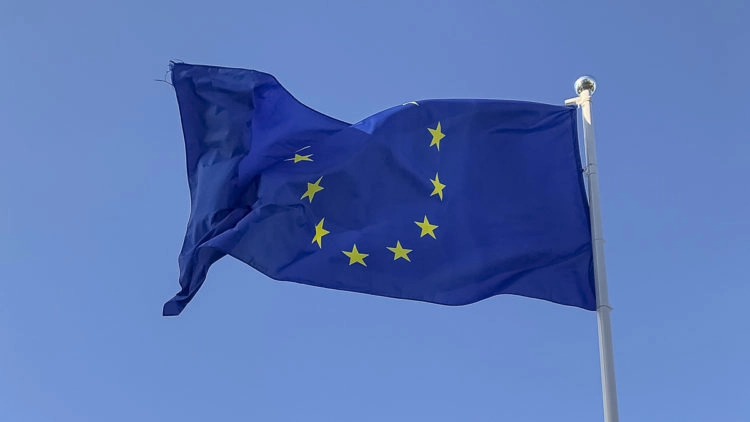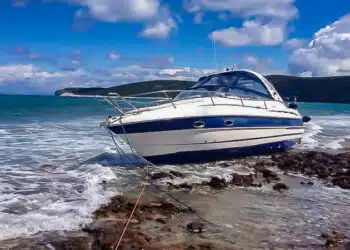The euro zone, which currently has 19 member states, will soon grow by two more, if nothing decisive happens: Croatia and Bulgaria will be able to introduce the euro as their official currency as early as January 1, 2023. Then at least the annoying conversion from Kuna to Euro will be omitted in Croatia and bank transfers will be faster and cheaper. An exchange rate has already been fixed: One Euro should be worth 7.53450 Croatian Kuna on the cut-off date.
1 January 2023 is a fixed date
According to the Croatian media, Prime Minister Andrej Plenkovic declared on 11.11.2020 that the goal is to prepare for the introduction of the Euro in Croatia on 1 January 2023, a national plan for the implementation of the nationwide exchange of Kuna into Euro was adopted by the so-called Croatian “National Council for the Introduction of the Euro in Croatia” at the same meeting. However, this plan must be accepted at government level before it can be implemented. However, nothing should change in the timetable for the introduction of the Euro.
Price increases should be prevented
Experts do not believe that the Croatian government is likely to speak out against the introduction of the euro at the last minute. Among other things, the plan contains mechanisms to prevent incorrect recalculation of prices and unjustified price increases.
Networking at EU level already completed
The Prime Minister Plenković recalled during the debate that the European Central Bank (ECB) and the European Commission (EC) announced on 10 July that Croatia had joined the European Exchange Rate Mechanism (ERM II) and at the same time the Croatian National Bank had established close cooperation with the ECB. Joining ERM II was an important step in the introduction of the Euro in Croatia and, as the Prime Minister once again expressly emphasized, one of the most important political goals the government had achieved.
Croatia must continue to push ahead with reforms
ECB Director Fabio Panetta, however, called on Croatia to make further reforms before its planned accession to the euro. In particular, the Croatian administration must be further reformed, said Panetta.
In the European system of fixed exchange rates
Since July 2020 Croatia has been part of the European system of fixed exchange rates for a total of two years, one of the last stages on the way to the introduction of the euro. This is intended to ensure that the respective national currencies are not subject to excessive fluctuations.
No significant exchange rate fluctuations
Despite economic difficulties, which have been exacerbated by the Corona pandemic, most holidaymakers in Croatia should not have escaped a certain stability of the exchange rate. Minor seasonal currency fluctuations of the Kuna are accepted by the ECB.
Security at ATMs even without a discount
The introduction of the kuna in Croatia should also put an end to the rip-offs at Croatian ATMs that SeaHelp recently reported on. The allegedly “safe” account in euro places at present still users of cash dispensers in Croatia clearly worse, since instead of the official Kuna course substantially worse conditions are offered to them under the cover of security. This apparent security is no longer needed since July 2020 at the latest, as described above.
Will the price level remain the same or will Croatia become more expensive?
Ultimately, the introduction of the euro in Croatia should make payment transactions much easier. However, whether the price level will remain at the current kuna level or will be increased within a short time after the currency changeover is left to the imagination of each individual. Germans and Austrians have already been able to gain relevant experience with this.
EU countries without Euro
By the way: Sweden, Denmark, Poland, the Czech Republic, Hungary and Romania are still holding on to their original national currencies even though they are members of the EU.













